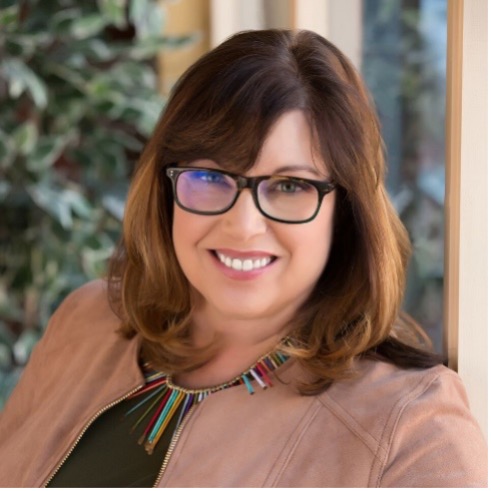In honor of the upcoming Holiday of Cupid, to be contrary, here is a blog on divorce. This week, I welcome long time friend and Certified Divorce Financial Analyst ® Bev Banfield to enlighten us a bit on the logistics of dividing assets during divorce.
KS: Are there certain times of year where people are more likely to start divorce proceedings? Why do you think that is?
BB: Yes, actually there are 2 divorce seasons and there are several reasons people give for divorcing when they do. Many people file in January so they can get the holidays behind them before they file, or it feels like the right time with New Year’s resolutions, or maybe they just can’t stand it anymore after all that together time with families and in-laws and time off from work.
The other rush is Back to School time in September. They don’t want to ruin their kids’ summer, so they wait to file until the kids are back in school.
KS: What is the difference between using a Certified Divorce Financial Analyst and a divorce mediator?
BB: If you mediate your financial agreement with a CDFA professional, you can come up with creative agreements that makes sense for your family. If it is not illegal or unfair, the court will usually approve whatever agreement you come up with.
A CDFA will help you to look at your financial futures under different asset divisions or support arrangements. Then you can choose the course that makes the most sense to you and your spouse.
Because many divorce mediators are attorneys, they tend to come up with agreements that look very much like what they have seen judges do in court. Their aim is not to figure out how to maximize for both parties, but what does the law say. They don’t consider future outcomes as relevant.
KS: Can you give us examples of when using a CDFA is most helpful? Maybe not appropriate?
BB: There are many situations when using a CDFA professional is helpful.
- When couples are amicable and are concerned about each other‘s futures.
- When the financial situation is complex.
- When both parties don’t understand finances at the same level, it can level the playing field.
- When the parties are looking for a creative solution.
- When the parties don’t know what they don’t know either about divorce or their particular financial situation and divorce.
When the financial situation is very simple and there are not many choices to be made, it doesn’t make a lot of sense to spend the money. For example, when there are no children and there is no property and /or debt, using a CDFA professional probably doesn’t make sense.
Other situations where it doesn’t make sense to use a CDFA are:
- If people just want to fight and argue.
- If they want to make sure they “win” and their spouse “loses.”
- If they want to make sure they account for every penny that has been earned, spent or saved by each party.
- If they want to right the wrongs of the entire marriage and make their spouse “pay.”
Thanks so much to Bev for this helpful insight. If you are one of the January divorce crowd, consider using the services of a Certified Divorce Financial Analyst before you get too far into the process. It can save you tons of time and money.
Bev Banfield is a CPA, Certified Divorce Financial Analyst®, Certified Fraud Examiner, and founder of Banfield Divorce Financial Advisors LLC. The Denver-based company was established to help divorcing couples more easily and equitably separate their finances. Banfield has more than 30 years of experience in financial analysis, budgeting, and auditing. Reach Bev at https://bbdfa.com/, (303) 482-1726, bev@bbdfa.com, or LinkedIn https://www.linkedin.com/in/bbanfield/.



